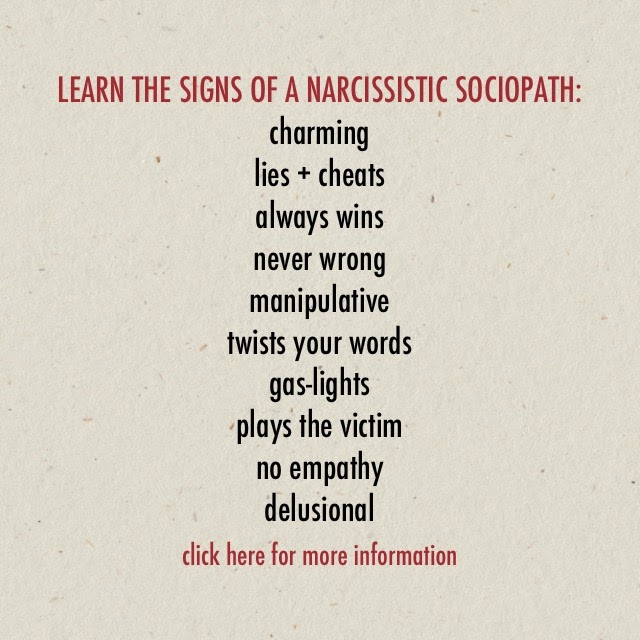

And those at play in the pathologically narcissistic personality. This illustrates clearly the powerful unconscious cognitive component of psychotic disorders of various kinds. In its most extreme form, such self-deception can lead to certain delusional beliefs symptomatic of psychosis. We don't even know we're doing it! This goes beyond mere "cognitive distortion," resulting in a radical rewriting of history and reality for the purpose of preserving our precious self-image or persona. And we become convinced of the veracity of this twisted truth. When the objective facts threaten the ego and its integrity, we experience what social psychologists call " confirmation bias," a kind of cognitive dissonance known more recently as "Morton's Demon." We dismiss certain facts incompatible with our myth of ourselves in favor of other less threatening and more corroborative ones. But what if the objective facts or our own behavior don't comport well with how we see ourselves? We distort the facts to support our particular point of view and to sustain our beliefs about the kind of person we are or want to be.

How is it that after the fact, each participant can have a completely contradictory version of what happened? Objectively speaking, first A happened, then B occurred, then C was said, D followed, etc. Such self-deception, which in its most extreme and pathological forms we deem delusional, is much more pervasive than most imagine.Ĭonsider the ordinary example of some heated conflict with a spouse, lover, relative, or close friend. None of us are beyond deceiving ourselves. It proves the awesome power of psychology. And, as such, it demonstrates the dangerous degree to which the human mind is capable of massive self-deception. This relatively rare mental disorder illustrates two vital truths: Psychosis-contrary to the conventional mainstream view-is most often not merely the manifestation of biochemical aberration or a "broken brain," but a fundamentally psychological phenomenon. Yes, in this sense, psychosis can be communicable. Shared Psychotic Disorder refers to the onset of such a delusional state of mind in someone as a consequence of a close relationship with another person already suffering from psychosis. Berkeley (here), would be psychologically healthy, but rather by experiencing and expressing, directly or indirectly, narcissistic rage, thus further defending against becoming conscious of these uncomfortable feelings of inferiority to which we are all subject at times.Ī delusion is, by definition, a psychotic symptom: a fixed, false, irrational conviction not comporting with objective reality but clung to vehemently nonetheless. When these inferiority feelings are inevitably stimulated by such daily events, the narcissist reacts not by acknowledging and accepting such "negative" effects, which, as corroborated by at least one recent study conducted at U.C. But, paradoxically, this chronic repression makes the narcissist exquisitely vulnerable to such unconscious inferiority feelings, especially when tweaked by various forms of narcissistic injury or wounding, such as being disrespected, insulted, or thwarted. In extreme cases, such grandiosity becomes psychotic, expressing itself in the form of paranoid delusions about being God, Jesus, the savior or messiah. Grandiosity serves to keep inferiority feelings unconscious and at bay. These "drugs" serve to medicate and numb the narcissist's underlying feelings of failure, inferiority, despair, rejection, and unlovability. These are the drugs to which the neurotically narcissistic person is totally addicted. They seek, crave, and often attain-due in no small part to their drivenness as well as sometimes native talents-success, celebrity, wealth, status, and power. The narcissist has almost invariably been deeply wounded, betrayed, abandoned, neglected, rejected during childhood, and spends his or her adult life trying to fend off such feelings via the constant acquisition of narcissistic supplies the same way the person suffering from addiction seeks out the substance despite the negative consequences for doing so.

But it is essential to note that this narcissistic grandiosity is compensation for and massive defense against the very same deeply seated feelings of inferiority found in the narcissist's followers. Malignant narcissists are messianic precisely because of their massive grandiosity.


 0 kommentar(er)
0 kommentar(er)
